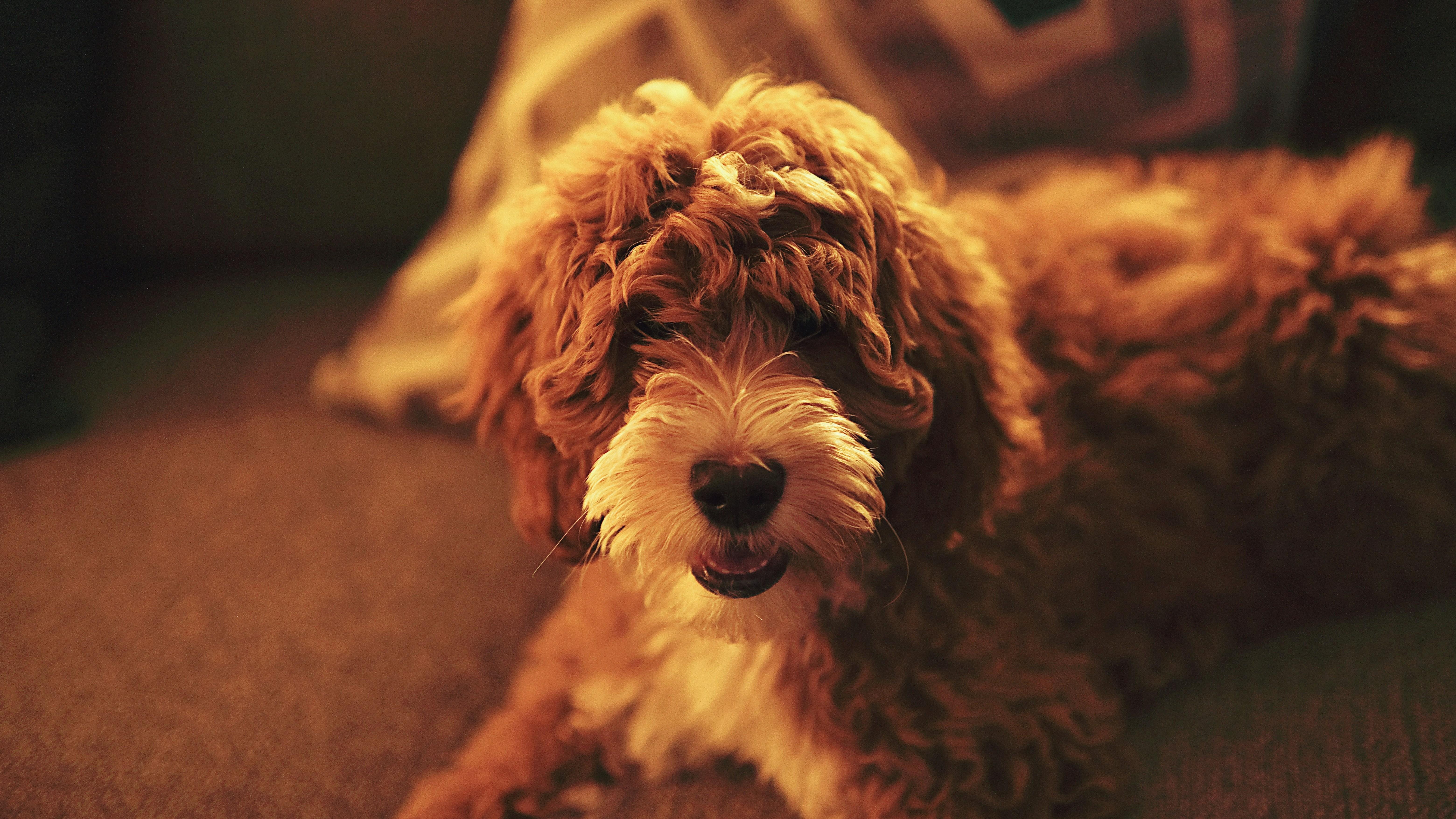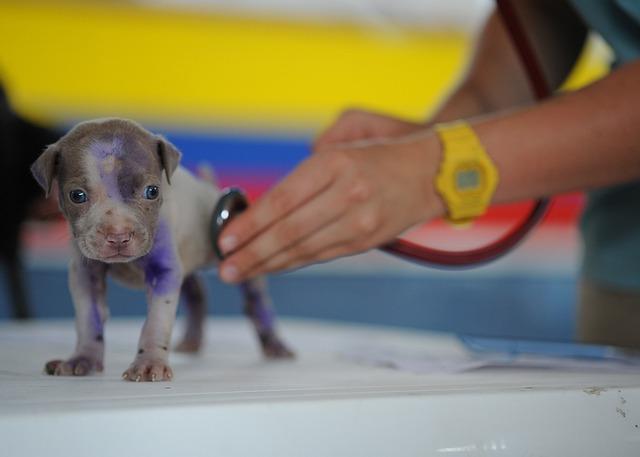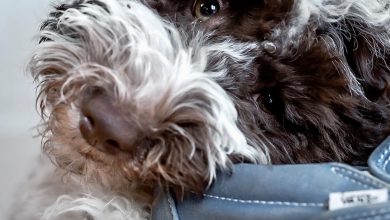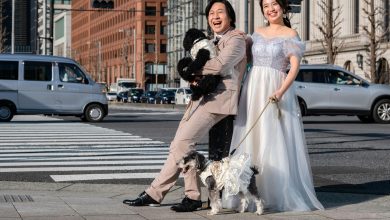How to Train a Puppy to Be Quiet During Vet Visits

Taking your puppy to the vet is an essential part of ensuring their health and well-being, but it can sometimes be a daunting experience for both you and your furry friend. Puppies, with their boundless energy and curiosity, may find the sights, sounds, and smells of a veterinary clinic overwhelming, often leading to anxious barking or whining. However, with a little patience and the right techniques, you can train your puppy to remain calm and quiet during these important visits. In this article, we’ll explore practical steps and tips to help you and your puppy navigate vet appointments with ease, ensuring a stress-free experience for everyone involved. Whether you’re a first-time puppy parent or a seasoned dog owner, these strategies will set the foundation for a lifetime of peaceful vet visits.
Creating a Calm Environment for Your Puppy
When preparing your puppy for a visit to the vet, creating a serene atmosphere at home can be pivotal in ensuring a calm experience. Start by establishing a designated quiet zone where your puppy can retreat. This space should be away from household commotion and equipped with their favorite toys, a cozy bed, and perhaps a soft blanket. Introduce soothing elements like gentle music or a white noise machine to help them relax. Gradually, your puppy will associate this area with tranquility, helping them remain composed in more stressful situations.
To further reinforce a calm demeanor, practice gentle handling techniques with your puppy. Get them accustomed to being touched in areas that vets commonly examine, such as ears, paws, and mouth. Use treats and positive reinforcement to reward them for staying calm during these interactions. Regular short sessions will build their confidence and comfort with being handled. Remember to keep your tone of voice soft and reassuring during these practices, as your puppy will take cues from your demeanor. By fostering a peaceful environment and promoting gentle handling, your puppy will be better prepared to face vet visits with poise.

Effective Commands and Cues to Keep Your Puppy Quiet
Training your puppy to remain calm and quiet during vet visits is essential for a stress-free experience. Start by establishing clear and consistent commands that your puppy can easily understand. Common commands like “quiet,” “settle,” or “calm” can be very effective when used consistently. Use a firm yet gentle tone to convey your message, ensuring your puppy associates the command with positive reinforcement.
- Positive Reinforcement: Reward your puppy with treats or praise when they respond correctly to your command. This helps them associate the action with a positive outcome.
- Practice in Different Environments: Gradually expose your puppy to various environments, mimicking the vet’s office setting. This will help them get used to different sounds and smells.
- Consistent Routine: Maintain a regular training schedule to reinforce the behavior, ensuring your puppy remembers the command even in stressful situations.
Remember, patience and consistency are key. With time and practice, your puppy will learn to remain calm and quiet during their vet visits, making the experience more pleasant for both of you.

Using Positive Reinforcement to Encourage Quiet Behavior
Positive reinforcement is a powerful tool in guiding your puppy to remain calm during vet visits. Begin by identifying what motivates your puppy the most, whether it’s treats, toys, or affection. Consistency is key; always reward the desired behavior promptly to strengthen the association between being quiet and receiving a reward. It’s important to start this training in a controlled environment, such as your home, where distractions are minimal.
- Practice with Mock Vet Visits: Simulate a vet visit at home by handling your puppy gently, checking their ears, paws, and teeth. Reward them with treats or praise when they remain calm.
- Use a Command: Teach a specific command, like “quiet” or “calm,” and pair it with a reward when your puppy responds appropriately.
- Gradual Exposure: Slowly introduce your puppy to the vet clinic environment by taking short visits without any actual appointments. Reward their calm behavior during these visits.
By incorporating these positive reinforcement techniques, you can effectively encourage your puppy to maintain a peaceful demeanor during vet visits. Remember, patience and consistency will yield the best results.

Preparing Your Puppy for Vet Visits with Practice Sessions
To ensure your puppy is calm during vet visits, it’s essential to incorporate practice sessions into their routine. Start by simulating the environment they will experience at the vet. You can do this by setting up a small examination area at home. Use a table to mimic the vet’s examination table, and practice having your puppy sit or lie down on it. Gradually introduce them to common vet tools like a stethoscope or a soft brush, allowing them to sniff and investigate. This helps reduce anxiety and makes the real visit less intimidating.
- Play with their paws and ears: Get your puppy used to having their paws and ears handled gently, as vets often check these areas.
- Mimic a physical exam: Gently lift their legs, check their teeth, and feel their abdomen to simulate what a vet might do.
- Use positive reinforcement: Reward them with treats and praise for staying calm and cooperative during these sessions.
- Invite friends or family to act as the vet: This helps your puppy get accustomed to being handled by different people.
By regularly incorporating these practice sessions into your puppy’s routine, you’ll help them build confidence and ease any apprehension they might feel during real vet visits. The key is to make these sessions fun and rewarding, transforming potential stress into a positive experience.



